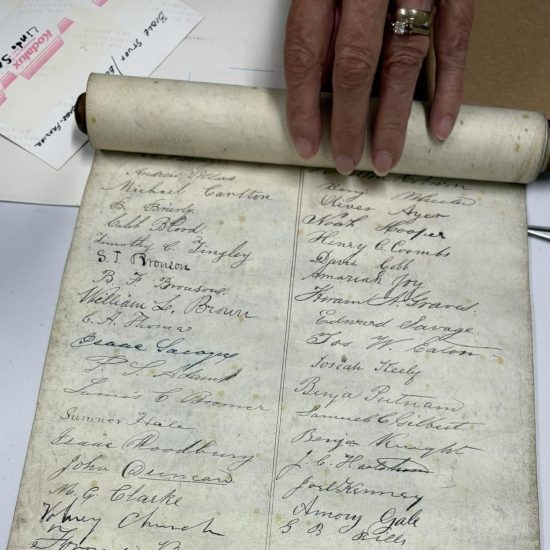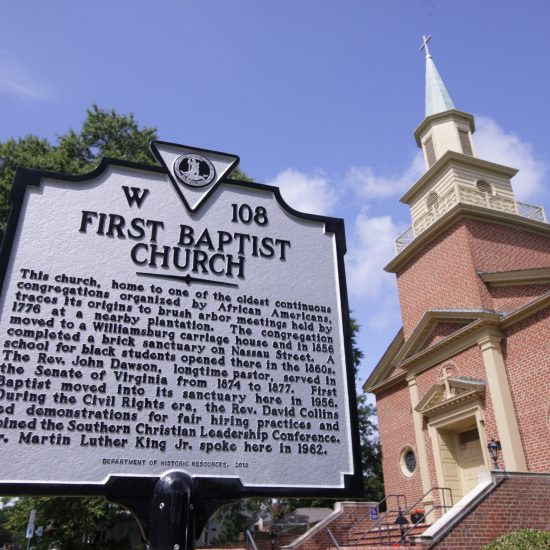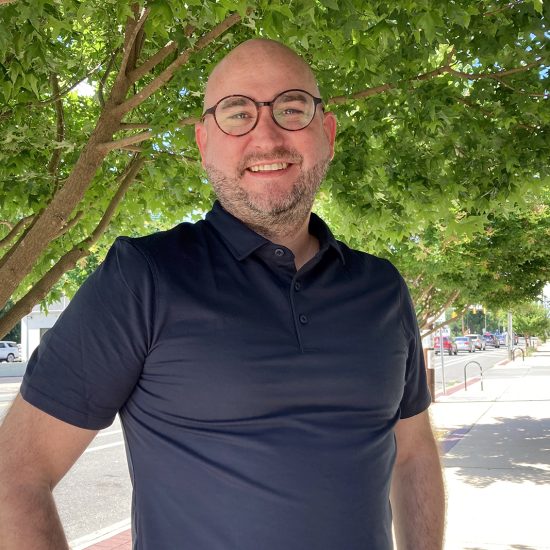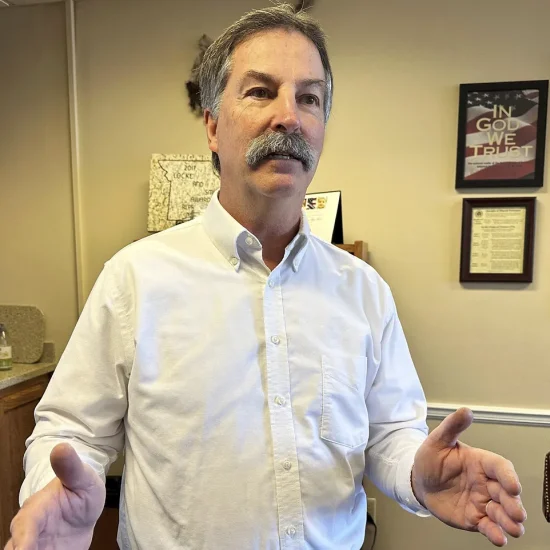VALLEY FORGE, Pa. (ABP) – A tiny independent Kansas congregation composed mostly of extended family members of founding pastor Fred Phelps captured headlines March 2 when the U.S. Supreme Court ruled 8-1 their controversial “God Hates Fags” protests at funerals of slain military veterans are protected as free speech under the First Amendment.
It isn’t the first time that Westboro Baptist Church in Topeka, Kan., has made news with its provocative message that is commonly labeled hate speech. Each time, it gives pause to millions of Americans who also identify as Baptists but find repugnant Westboro’s message that God is killing soldiers as punishment for America’s toleration of homosexuals.
“Every time they hit the news, ABC receives e-mails asking why we don't do something,” Roy Medley, general secretary of American Baptist Churches USA, commented about constituents who complain the Westboro clan is giving Baptists a bad name.
The ABC/USA website carries a detailed disclaimer that Westboro Baptist Church and Phelps are in no way and have never been affiliated with the denomination.
“American Baptists want to be clear that we denounce their message and tactics of hate,” the statement says. “It grieves us that in bearing the Baptist name they destroy the reputation of thousands of Baptists who daily give themselves in selfless acts of love as followers of Jesus.”
Medley described the church as “incompatible with the teachings and Spirit of Christ.”
“The Phelps family represent only themselves, but we do not have a copyright on the Baptist name so they have the freedom to use and abuse that name,” Medley said. “As a result, Baptists everywhere are defamed by them.”
Phelps, a disbarred lawyer who specialized in civil rights cases challenging Jim Crow laws that discriminated against African-Americans in the 1960s, founded Westboro Baptist Church in 1955. He was ordained as a Southern Baptist minister in 1947, but the church isn't affiliated with any religious denomination.
The church’s unconventional outreach ministry began with a 1991 demonstration at a Topeka park known to be frequented by gays. Since then church members have held thousands of what they call “love crusades” warning America to repent of corporate sin including normalization of homosexuality.
The group gained national prominence in 1998 when it picketed the funeral of Matthew Shepard, a gay University of Wyoming student whose murder brought national attention to the issue of hate crimes. Subsequent protests targeted events like performances of The Laramie Project, a play based on Shepard's life, and meetings of religious groups both liberal on gay rights and as conservative as the Southern Baptist Convention.
Their notoriety snowballed in 2005 after church members started showing up at funerals of fallen American soldiers and proclaiming that casualties in Iraq and Afghanistan are the result of God's wrath against America for tolerating homosexuality. A number of states responded with laws regulating protests near funerals.
Recently Westboro members made news at protests near the funeral of Elizabeth Edwards, the estranged wife of former presidential candidate John Edwards who died from cancer. They called off planned protests near funerals of victims of a recent mass murder attack in Tucson, Ariz., in exchange for air time on national radio programs to air their message. Headlines around the country routinely report press releases about planned protests of particular venues, and it even makes news when they are no-shows.
Everywhere they go, they brandish protest signs identifying themselves as Baptists. That concerns many other Baptists who don’t want the public to assume their views are representative of the denomination as a whole.
Baptist Press published a blog by Thomas White, vice president for student services and communications and associate professor of systematic theology at Southwestern Baptist Theological Seminary, arguing that the group “is neither Baptist nor a church.”
“They act nothing like a church should act and they do not demonstrate the characteristics of a true church,” White said. “They appear to me as nothing more than a hate group with an extreme agenda. God will set things right on judgment day, and I would not want to be in their shoes.”
Bill Leonard, a Baptist historian who teaches at Wake Forest Divinity School, said he has not studied the group carefully but they clearly represent a “stem family” church, where everyone is kin and related through only a few intermarried families.
“Because of Baptist polity, anyone can start a church, baptize by immersion, have some kind of congregational polity, require believer’s baptism, and go from there,” Leonard said. “This is clearly the radical, radical right wing Baptist fringe combining fundamentalism, literalism, separatism, anti worldliness and a strong belief that we are sinners in the hands of a very, very angry God.”
George Bullard, general secretary of the North American Baptist Fellowship, said Westboro Baptist Church is not affiliated with any of the member denominations related to the North American Baptist Fellowship or its parent body the Baptist World Alliance."
"The word 'Baptist' is not owned by anyone,” Bullard said. “It is available to everyone. This means that even churches such as Westboro, which does not represent the positive spirit of freedom and grace that characterizes so many of the church denominations related to the North American Baptist Fellowship, can use the name 'Baptist.'”
Bullard said most Baptists in North America are “appalled at the position and tactics” of the Phelps clan.
"In spite of their use of the word 'Baptist,' the Westboro church does not represent the position of any free and faithful Baptist congregation or denomination we know in North America," Bullard said.
-30-
Bob Allen is senior writer for Associated Baptist Press.






